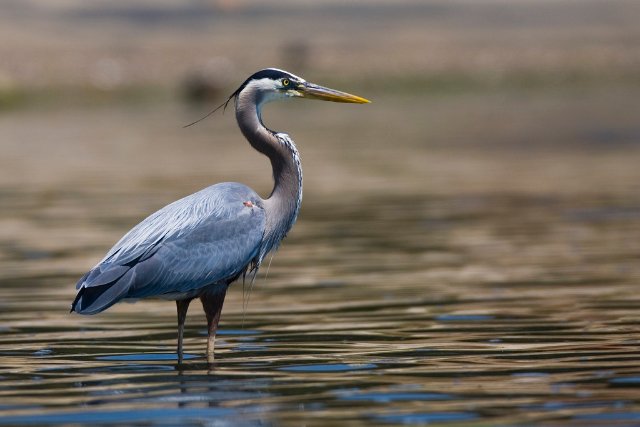How do we find our place in life? In the world? A good question. Daoist adepts look to their breath-driven skills for a part of the answer. We refer to the Dao de Qing for a little guidance, too, but mostly we walk our path and turn inward.
Meditation, qigong, and taiji are those breath-driven skills, and we practice them daily as a part of a Daoist Longevity Practice. In meditation, we gather qi to ourselves – from the mountains that surround me here in the northern Berkshires, from the earth, from the universe. We focus on our breath, and return to it each time our mind wanders. At the temple, we meditate for 2-3 hours in the evening before going to bed.
In the morning, we play qigong for about 90 minutes to circulate the qi we had gathered the previous evening throughout our entire body. The Heavenly Horse Qigong routine is designed to work various areas of the body, and to prepare the body for whatever the day has in store for us.
At some point during the day, time will be made for taiji. This breath-driven skill teaches us to manage, control, and direct our qi to a single point on our body that, were we in a real conflict, would be released at the moment of contact with our opponent. Taiji is a shadow-boxing skill, and our opponent is imaginary, but the point is still the same – to direct our qi where it is needed.
Thus, we can send qi to any part of our body where it is needed for healing purposes – a headache, a stomach ache, a lower back strained by heavy lifting, an injury. The energy release points in the centers of our palms serve as one means of distributing our qi; simple intention can do the same.
We use these skills to acquire and then maintain good body wellness. We also use them to cultivate inner stillness. Stillness brings us into present moment awareness, that state of being where we wish to live always. Stillness is not to be confused with passivity or weakness, though.
On the contrary, it represents a hyper-vigilance and alertness to what is. If we are able to enter each moment with our before-thinking mind, without judgment, we are able to see with great clarity what the moment is presenting to us. We know we can not control life; we can control only our response to it. By letting life come to us, and greeting it with that “don’t know” mind, as Zen Master Seun Sahn called it, the correct response arises from within us on its own, no thinking required.
Laozi wrote:
Knowing others is intelligence; knowing yourself is true wisdom.
Mastering others is strength; mastering yourself is true power.
When we are in the flow of our own life, as I wrote about in one of my recent essays on “Letting Go and Stillness,” we come to know ourselves. In the clarity of each moment, we come to see all life around us merely as it is – neither good nor bad. This includes seeing ourselves merely as we are, without illusions. In doing so, we come to find true wisdom.
We recognize what it is about ourselves that needs work, and we learn how to go about that work. We use stillness to guide us along that path. We use those three skills to cultivate that stillness. And we continue to climb the mountain of life we are all climbing together.
We can walk on and go forward into growth, or we can step back into safety. One leads to knowing and mastering ourselves, and the other does not. Intelligence, or wisdom; strength, or power? Which will you choose?
When we come to know and respect our true self, we will know where we truly belong in life.

